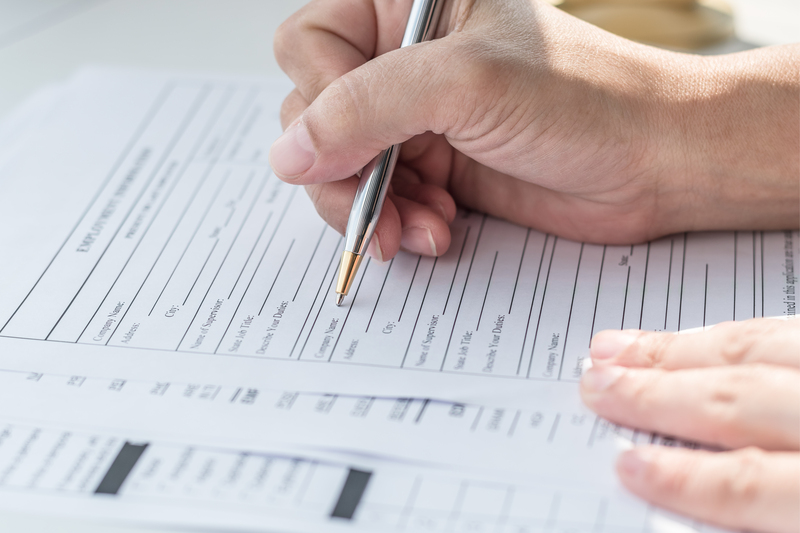The Most Polluted Urban Areas in the UK
Posted on 14/05/2024
The United Kingdom is known for its beautiful landscapes, vibrant cities, and rich history. However, amidst all the beauty lies a concerning issue - air pollution. According to a recent study by the World Health Organization (WHO), air pollution is responsible for 7 million premature deaths globally every year. The UK is no exception to this, with certain urban areas facing alarming levels of air pollution. In this article, we will explore the most polluted urban areas in the UK, the causes and effects of this pollution, and what steps are being taken to combat it.
What Are the Most Polluted Urban Areas in the UK?
1. London
The capital city of England tops the list as one of the most polluted urban areas in the UK. With a population of over 9 million people and heavy traffic congestion, London's air quality has been deteriorating for years. The main culprit is nitrogen dioxide (NO2), emitted primarily by diesel vehicles.
2. Glasgow
Glasgow is another major city in the UK that struggles with high levels of air pollution. Like London, traffic emissions are largely responsible for this issue. Additionally, industrial activities such as oil refineries contribute to poor air quality in the city.
3. Liverpool
Liverpool is known for its industrial past and present, which has led to high levels of pollution in the city. According to a report by Greenpeace, it is one of five "toxic hotspots" in the UK due to high levels of fine particulate matter (PM2.5) from industries such as construction and shipping.
4. Manchester
Manchester has been named as one of Europe's most polluted cities by WHO due to high levels of PM2.5 particles from road transport and excess use of wood-burning stoves.
5. Birmingham
Birmingham is another major city in the UK that has long struggled with air pollution. Diesel vehicles are the main source of NO2 emissions, and the city's topography contributes to trapping pollutants.

Causes and Effects of Air Pollution in Urban Areas
The primary cause of air pollution in urban areas is human activity. The burning of fossil fuels, transportation, industrial activities, and heating and cooling systems all contribute to poor air quality. These human activities release harmful pollutants such as nitrogen oxides, sulfur dioxide, and particulate matter into the air, causing a variety of health issues.
Exposure to high levels of air pollution can lead to respiratory diseases, heart disease, stroke, and lung cancer. Children, pregnant women, and the elderly are particularly vulnerable to the effects of air pollution. It also has a significant impact on the environment, contributing to global warming, acid rain, and damage to plants and wildlife.
What Steps Are Being Taken to Reduce Air Pollution?
The UK government has implemented various measures to reduce air pollution in urban areas. This includes promoting the use of electric and hybrid vehicles through incentives and stricter emission standards for vehicles. Clean Air Zones have been introduced in major cities to restrict the most polluting vehicles from entering certain areas.
In addition to government initiatives, individuals can also take steps to reduce their contribution to air pollution. This includes using public transportation or walking/cycling instead of driving, properly maintaining vehicles, reducing energy consumption at home, and supporting businesses that prioritize sustainability practices.
The Pros and Cons
Pros:
- Improved public health: By reducing air pollution in urban areas, there will be a decrease in respiratory and cardiovascular diseases.
- Positive environmental impact: Reducing pollutants not only benefits human health but also helps protect the environment.
- Economic benefits: The implementation of clean energy sources can create jobs and boost economic growth.
Cons:
- High costs: Implementing measures to reduce air pollution can be costly for both the government and individuals.
- Inconvenience: Measures such as Clean Air Zones may lead to inconvenience for those who rely on vehicles for transportation.
- Resistance to change: There may be resistance from industries and individuals in adopting cleaner practices, hindering progress towards reducing air pollution.
Tips for Reducing Air Pollution
- Use public transportation or opt for eco-friendly modes of transport.
- Reduce energy consumption by turning off lights and appliances when not in use.
- Support businesses that prioritize sustainability and environmentally friendly practices.
- Properly maintain vehicles to reduce emissions.
- Educate yourself and others about the issue and the steps that can be taken to reduce air pollution.

Takeaways
Air pollution is a serious problem that impacts both human health and the environment. The most polluted urban areas in the UK are facing increased levels of pollutants from human activities such as transportation and industrial processes. However, there are also measures being taken by the government and individuals to combat this issue. By understanding the causes, effects, and solutions to air pollution, we can all work towards a cleaner and healthier future.
Conclusion
In conclusion, air pollution in urban areas in the UK is a complex issue with far-reaching consequences. The most polluted cities such as London, Glasgow, Liverpool, Manchester, and Birmingham are taking steps to tackle this problem, but it requires a collective effort from everyone. By implementing sustainable practices in our daily lives and supporting initiatives that aim to reduce air pollution, we can strive towards a cleaner and more livable environment for ourselves and future generations.



